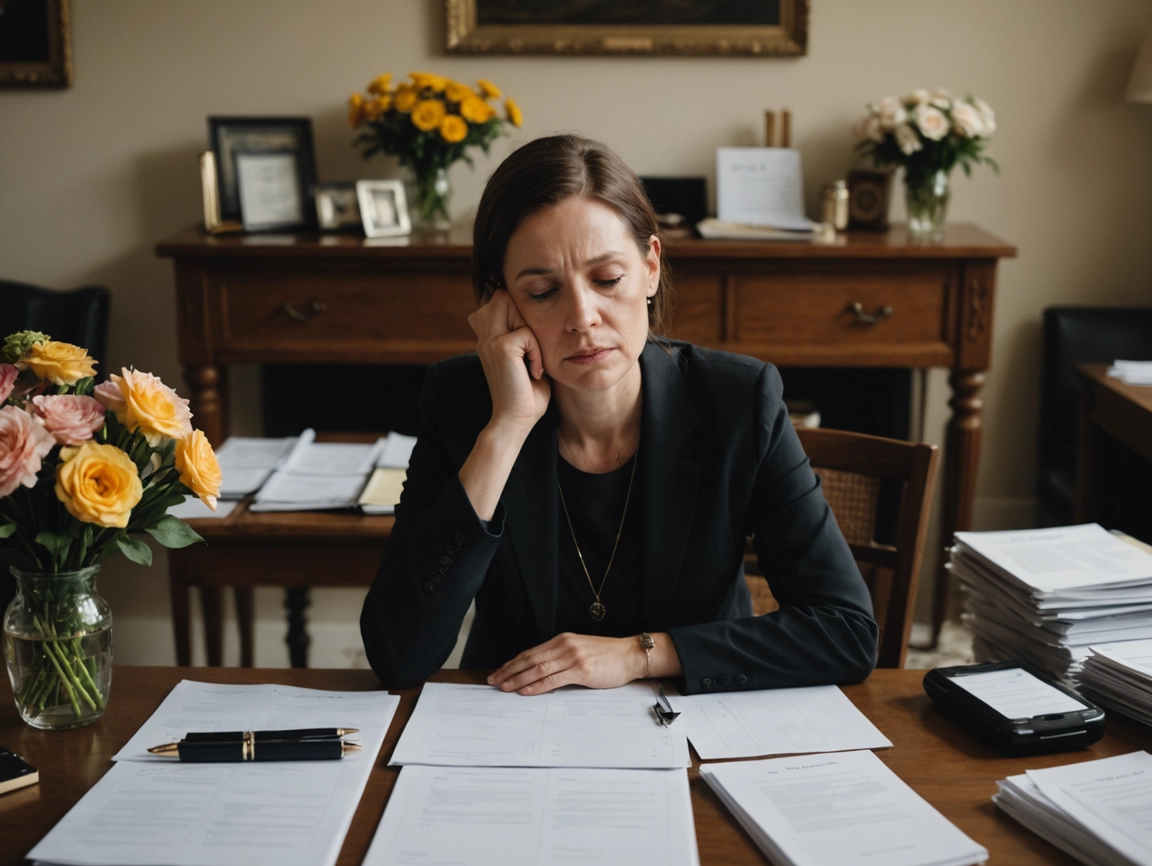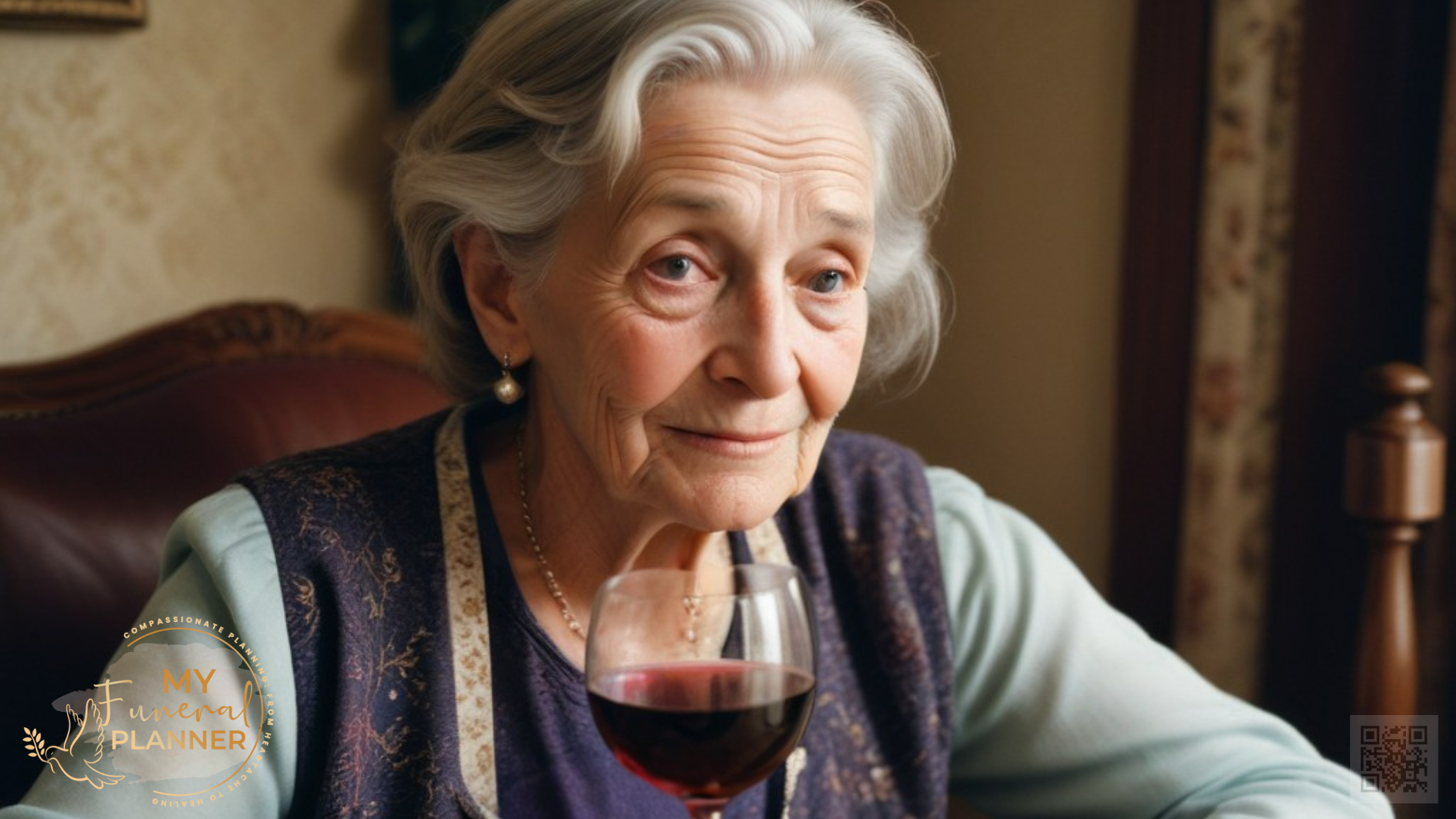Death is a universal experience, yet the ways in which different cultures honor their deceased vary widely. Understanding these diverse funeral traditions and rituals can provide insight into the values and beliefs of various societies, and offer comfort and connection for those navigating their own loss. Here, we explore some of the many ways different cultures around the world commemorate their loved ones.
Western Traditions
In Western cultures, particularly in the United States and Europe, traditional funerals often involve a wake, a religious service, and a burial or cremation. Wakes typically occur before the funeral, providing an opportunity for family and friends to pay their respects. The funeral service is usually held in a church or funeral home, followed by a procession to the burial site. Cremation has become increasingly popular, with ashes often kept in an urn or scattered in a meaningful location.
Asian Traditions
Asian funeral traditions vary significantly by country and religion. In China, traditional practices include elaborate ceremonies, offerings of food and paper money, and burning incense to honor the deceased. In Japan, Buddhist customs dominate, with a wake, cremation, and a series of memorial services over the following months and years. Hindu funerals in India involve cremation on a pyre, with ashes scattered in a sacred river, reflecting the belief in reincarnation.
African Traditions
African funeral traditions are rich in symbolism and vary greatly across the continent. In Ghana, the deceased are often celebrated with elaborate coffins that represent their profession or interests, known as fantasy coffins. In South Africa, funerals are significant community events, involving extended family and community members in the mourning process. Traditional rituals may include singing, dancing, and wearing specific colors to honor the dead.
Indigenous Traditions
Indigenous cultures around the world have unique and deeply spiritual funeral practices. For Native American tribes, rituals may include purification ceremonies, storytelling, and burying the deceased with personal belongings. Aboriginal Australians traditionally conduct “Sorry Business,” a period of mourning that involves ceremonies, body painting, and strict cultural protocols to honor the spirit of the deceased.
Middle Eastern Traditions
In Islamic funeral traditions, the body is washed, shrouded, and buried as soon as possible, ideally within 24 hours of death. The funeral prayer, or Salat al-Janazah, is performed by the community, and the body is laid to rest facing Mecca. Jewish funerals also emphasize prompt burial, with mourners observing Shiva, a seven-day period of mourning, where they gather to remember and honor the deceased.
Latin American Traditions
In Latin American cultures, death is often viewed as a natural part of life, celebrated with vibrant traditions. In Mexico, Dia de los Muertos (Day of the Dead) is a significant holiday where families create altars, or ofrendas, decorated with photos, flowers, and favorite foods of the deceased. This celebration reflects the belief in the continued presence of loved ones in the lives of the living.
Conclusion
Funeral traditions and rituals are deeply rooted in cultural beliefs and values, providing a framework for mourning and honoring the deceased. By understanding these diverse practices, we can gain a greater appreciation for the ways in which different cultures navigate loss and celebrate life. At My Funeral Planner, we are committed to respecting and incorporating these traditions into our services, ensuring a meaningful and respectful tribute for your loved one. Contact us to learn more about how we can assist you in planning a culturally sensitive and personalized funeral service.






